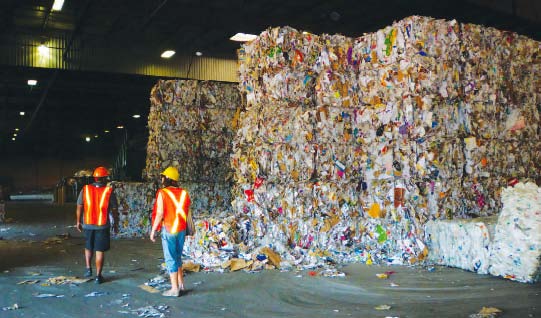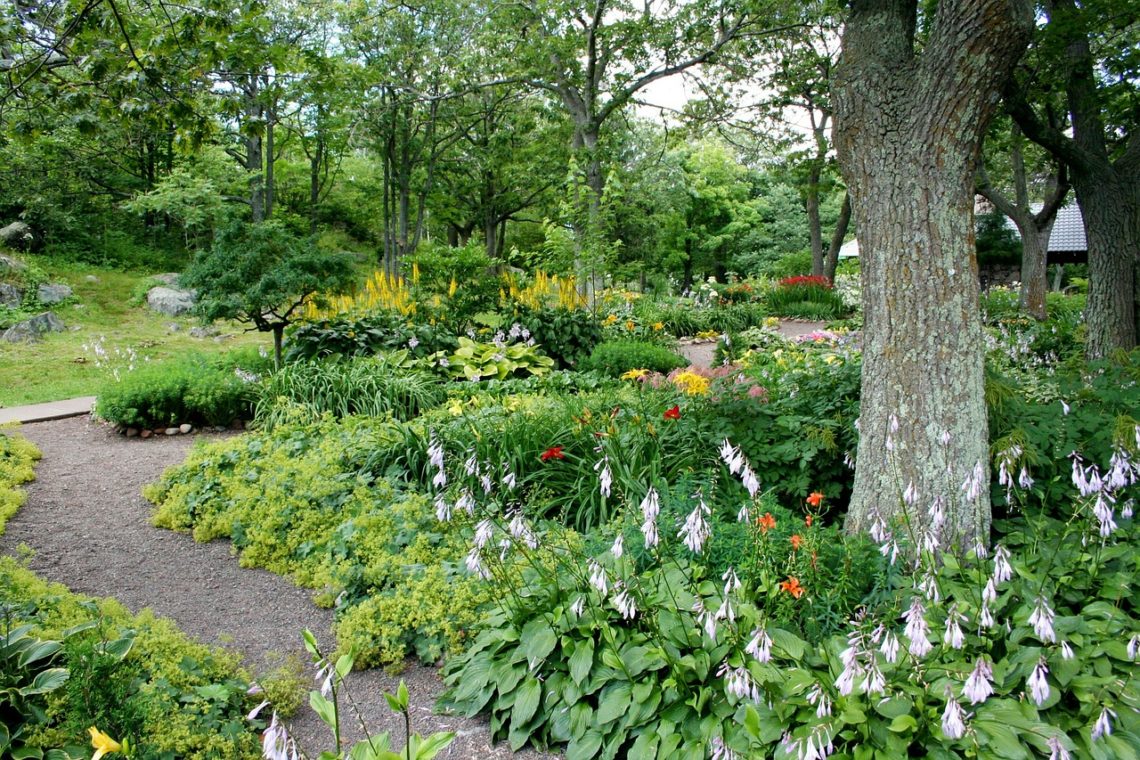It is much easier than I thought to conserve resources. My wife and I recently endured fifteen days of living without running water while a new well was being drilled on our property. If I was a more conscientious blogger, I suppose I would have chronicled the experience daily, as it unfolded. But the truth is, I couldn’t spend much time at the keyboard during that period. Every time I stopped moving, I felt like Pig-Pen in the Peanuts cartoon, READ MORE
-
-
Artistic Sculpture in Unfired Earth – Earthen Hand Class
Artistic Sculpture in Unfired Earth – Sept 14th, 10am – 5pm – Portland, Oregon – $75 / day, classes (paid at least 1 week in advance). $30 or less materials/tools. This class explores the infinite artistic possibilities of unfired clay/sand/fiber mixtures. We will use pigments, and a wide variety of techniques to create vastly different effects. Learn how to make earthen plasters, paints, pigments, and construct skeletons to support the sculpture. Class size is limited to 6 people.
-
The Mysteries of Recycling Part II:
What is 35 miles wide, 35 miles long, and 300 feet deep? Well, according to an article posted on the Popular Mechanics website on November 13, 2008, that is how big the landfill would be if America put all of its garbage for the next 1000 years in one place.
-
Landscaping for Wildlife
This article was published in the Summer 2008 issue of the Green Living Journal. With suburban sprawl fragmenting and reducing wildlife habitat, what we do in our yards is very important for the survival of wildlife. Suburban yards are usually stripped of most of their topsoil and little concern is given to wildlife when planning a new landscape. The typical yard has a large lawn area with a few ornamental plants providing little ecological value. By landscaping with nature we can provide some of the necessities for wildlife survival, as well as, creating an aesthetically pleasing environment for people. When designing an ecological landscape, the vertical levels should be emphasized…
-
Portland’s Urban Food Zoning Code
In June of 2012, Portland City Council made a significant step toward increasing access to healthful, affordable food for all Portlanders by adopting the Urban Food Zoning Code Update. The new regulations address community gardens, farmers markets and market gardens, as well as alternative food distribution methods such as community sponsored agriculture (CSA) and food buying clubs. Because even a small cost can be a barrier for some, this proposal has very little in the way of permit fees, land use reviews and the like. Almost all activities will be allowed outright if standards are met. This action puts Portlanders in position to take advantage of the ideas proposed by…
-
Turning a Brown Field Green
The land at NE 82nd and Siskiyou has a checkered past. It is a former landfill, capped in 1982. Many of those living and working in the Madison South and Roseway neighborhoods have seen this area attract unwanted activities and attention. The site has remained derelict, despite its tremendous potential for the neighborhood, city and region. The Dharma Rain Zen Center, a Soto Zen Buddhist temple, sees great potential in the Siskiyou property for a new campus that is sustainable, beautiful and benefits their congregation and the neighborhood alike. They plan to create an attractive, compatible, low-impact campus that serves the community. They will: Restore the 14-acre parcel to a…
-
An Ecology Based Education
Interview with David W. Orr What is the purpose of education? What exactly are we trying to achieve by sending kids to school for twelve years? Dr. David Orr, Distinguished Professor of Environmental Studies at Oberlin College, sees a direct connection between how we teach children and the disastrous impacts of our dependence on fossil fuels. A pioneer in the ecological literacy movement, he believes that all education should be ecologically based, from the design of the campus to the curriculum itself. “All education is environmental education,” says Orr. “Students either learn that they are a part of or apart from the natural world.” He points out that some of…
-
Clean Energy Victory Bonds
Green America has, for several years, been promoting the idea of Clean Energy Victory Bonds which would make it possible for Americans to invest in clean energy . The problem has been that it takes an act of Congress before the U.S . Treasury can issue these bonds. According to the Green America blog, such a bill was introduced to the House of Representatives in August of 2012. From the Green America blog here’s a brief overview of this program: “Clean Energy Victory Bonds (CEVBs) are proposed U.S. Treasury bonds modeled after Victory Bonds sold during the First and Second World Wars. During World War II, 85 million Americans purchased…
-
Spanning the Seasons of the Gorge with Saur Farming
Winter at Saur Farm It’s January, and I have a terrible hankering for some fresh winter greens. The only problem is that I didn’t grow any winter crops in my puny garden this year, and the farmers’ market closed in November. In the back of my mind I remember Ben Saur, one of the owners of 10-Speed Coffee in the Hood River Heights and a local farmer, mentioning he still had carrots back in December. Maybe he still has greens? I stop by the shop to buy a cup of coffee, and ask him what he still has in the field. “Carrots, rutabaga, leeks, collards, and turnips,” Ben says while…
-
Casa Verde CSA Guest Blog by Michelle McGrath, MS Outreach Manager for Gorge Grown Food Network
Abundant sunshine, flowing rivers, and snowy mountains feed into the diverse landscapes of the Columbia River Gorge. With natural resources like these it is no wonder farmers with less acreage and innovative business models are choosing the Gorge as the place to sow their seeds. The agricultural heritage of the Gorge has been preserved in the picturesque orchards that erupt into blossom each April, but a growing number of smaller, diversified farms are springing up in between. I have the immense honor of working closely with these farmers as the Outreach Manager for Gorge Grown Food Network—a food and farm based non-profit organization. Over the winter I checked in with…



